"We will long remember this Peace March as well," said Zoltan Lomnici Jr., chief adviser and spokesperson of the organizer COF–COKA (Civic Union Forum - Civic Union Public Benefit Foundation), speaking on public television about the October 23 gathering.
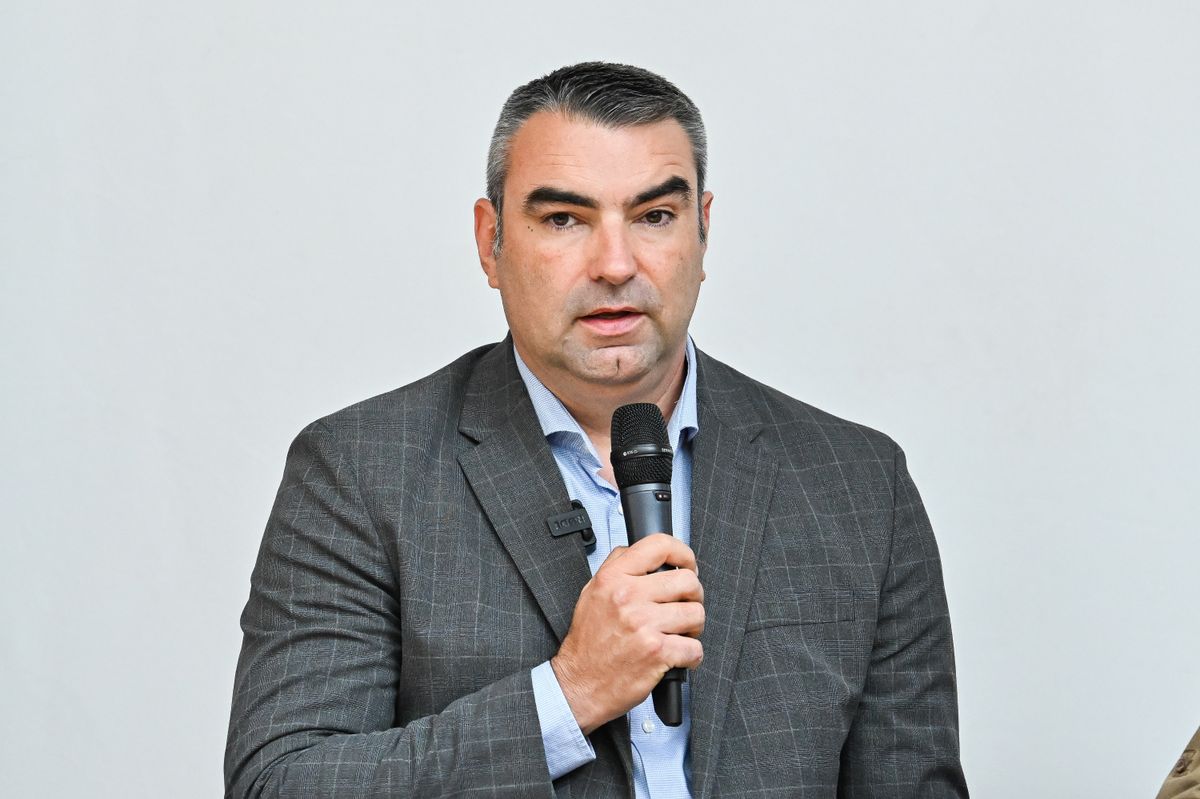
Regarding data based on cell phone information showing that more than 80,000 people attended the commemoration in Kossuth Square and 45,000 joined the rally at Heroes’ Square, Lomnici stated that these are decisive figures that can be sobering for everyone, settling a question that had been subject to debate. The data were released on Friday by the Government Information Centre.
Zoltan Lomnici Jr. said that the Peace March drew a happy, proud crowd reflecting the same momentum as previous marches.
"We had a fantastic time," he said, adding that false reports attempting to misrepresent the mood and the scale of the event must be firmly refuted.
Discussing the relevance of the Peace March, he remarked that Hungary is in a fortunate position.
Hungary is in a fortunate position. Although we strongly feel the effects of the bloody war raging next door, we are able to live as if nothing had happened.”
He added that it can also be clearly stated that "we are living our lives in the shadow of nuclear weapons."
"It is a matter of fact that the Nuclear Non-Proliferation Treaty and other international agreements aimed at nuclear disarmament are not fulfilling their purpose," Zoltan Lomnici Jr. said. He recalled that Ukraine's President held a press conference at the EU summit in Brussels, where he openly demanded Tomahawk missiles and criticized what he called damaging hesitation by the United States. When asked which countries were blocking an additional 40 billion euros in aid to Ukraine, in addition to the 185 billion already provided, Volodymyr Zelensky responded dismissively and cynically, hinting at Hungary by saying, "only one or two."
According to the chief adviser,
Hungary continues to dare to say what many European citizens and even a large part of Europe’s leaders also think.
He pointed out that the situation has remained the same since 2015, and Hungary has often been the one to speak aloud what "others in Europe also know perfectly well." Even the German press, he noted, is now writing about issues on which "European policy on Ukraine may stumble" and it will not be Hungary’s fault.
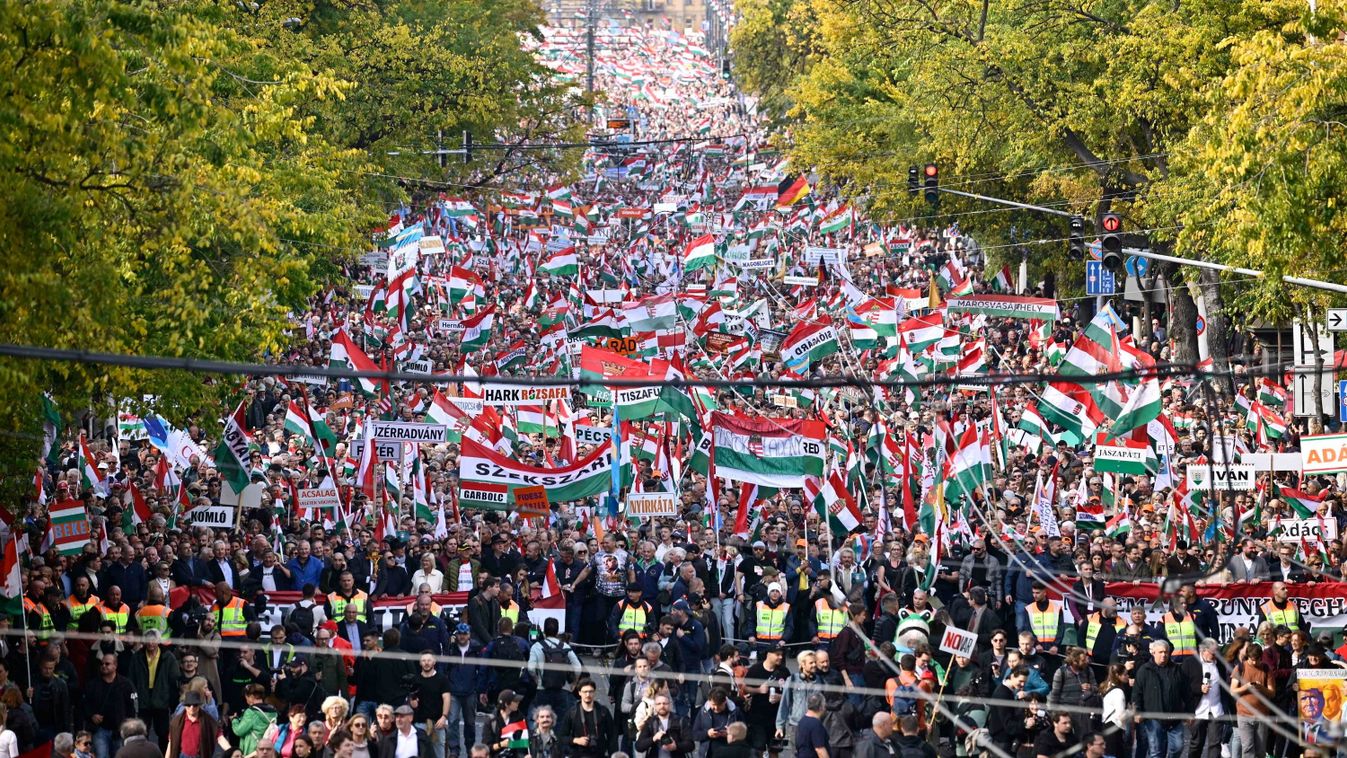
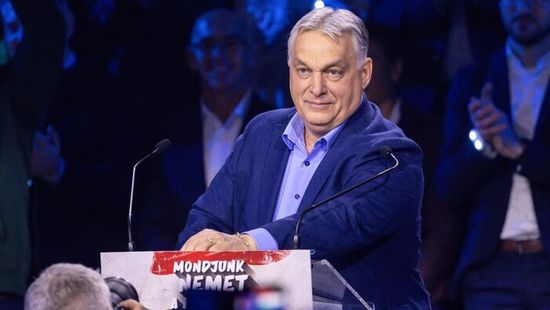
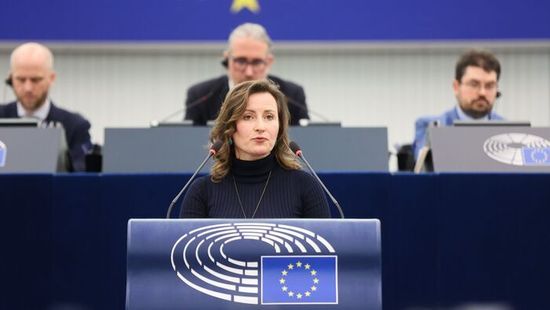
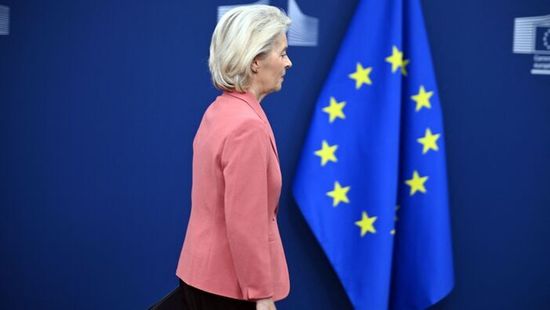
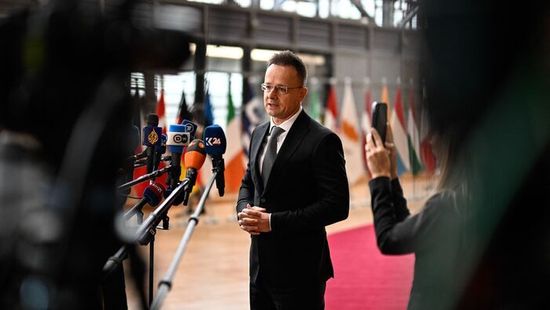

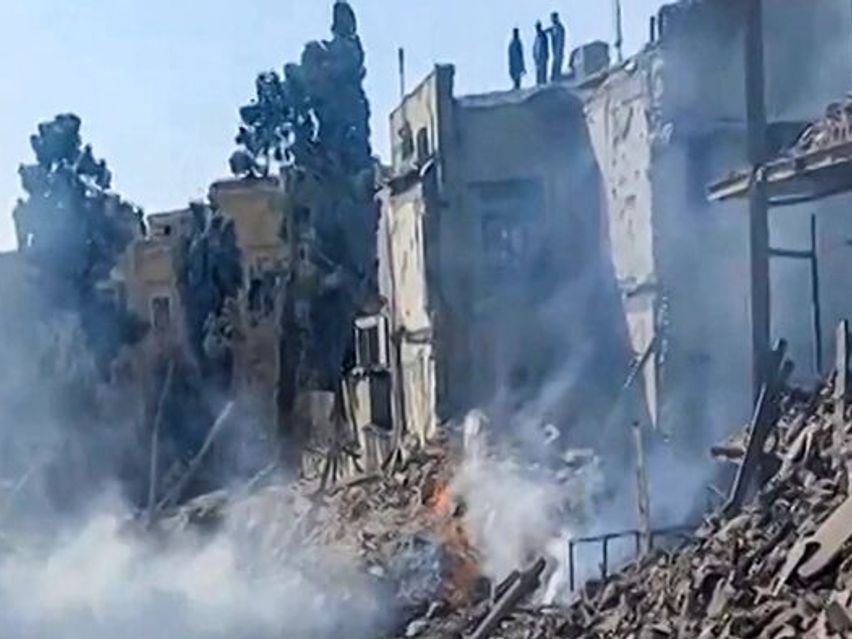
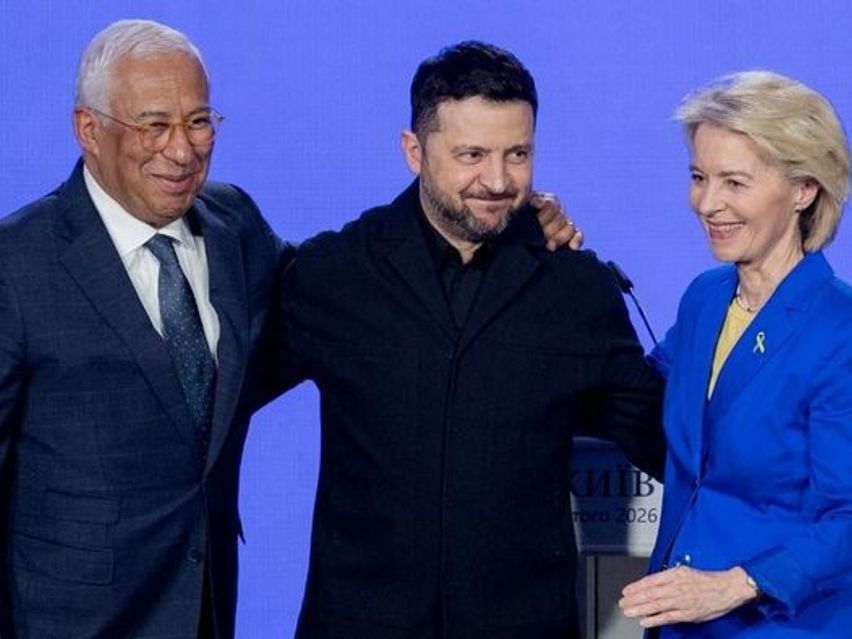
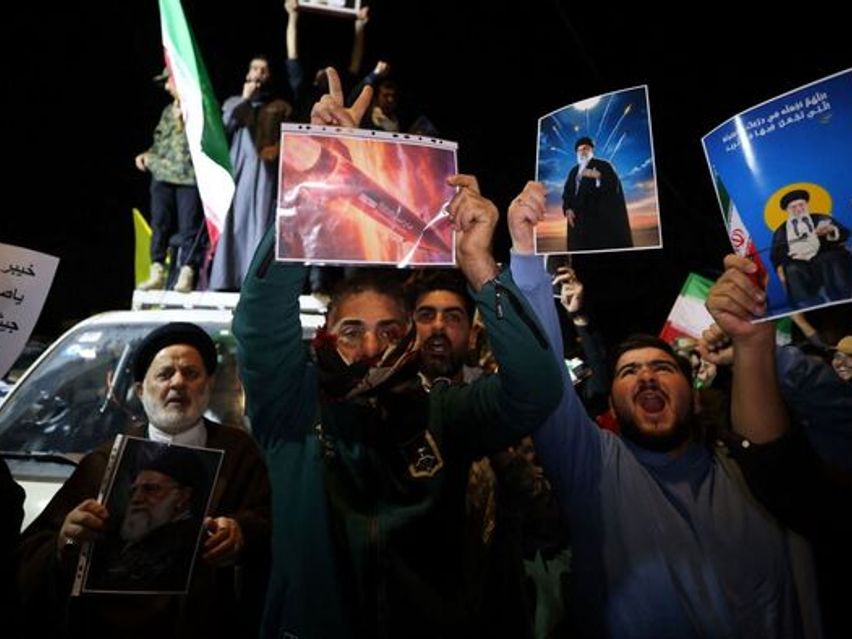
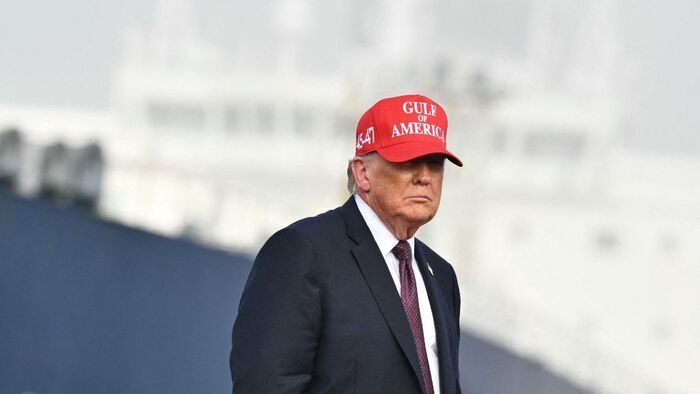

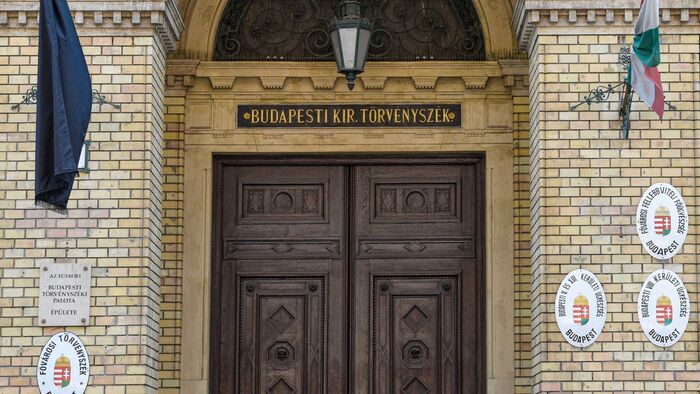

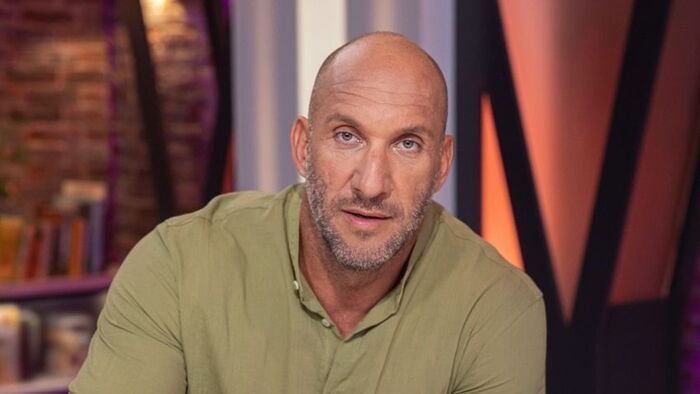
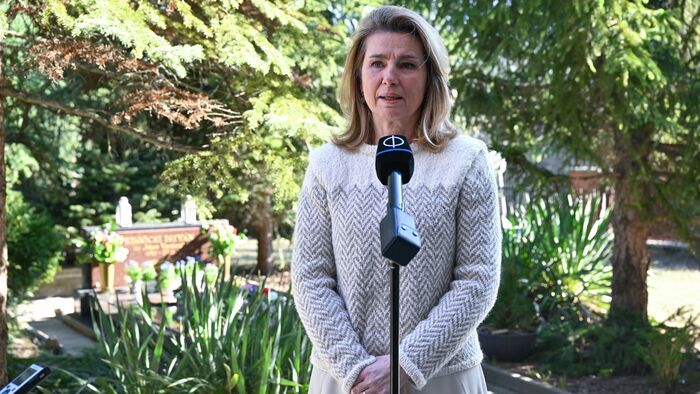
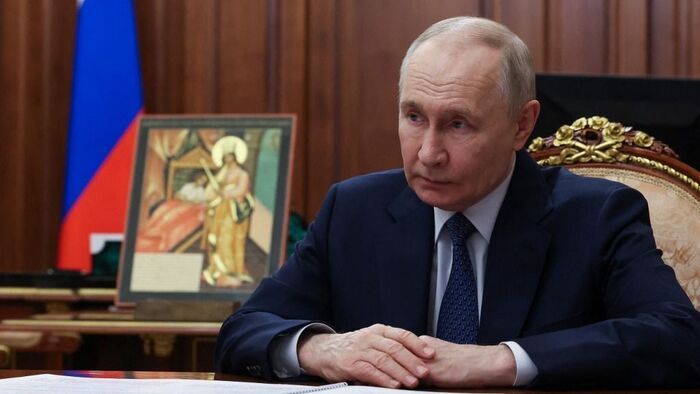
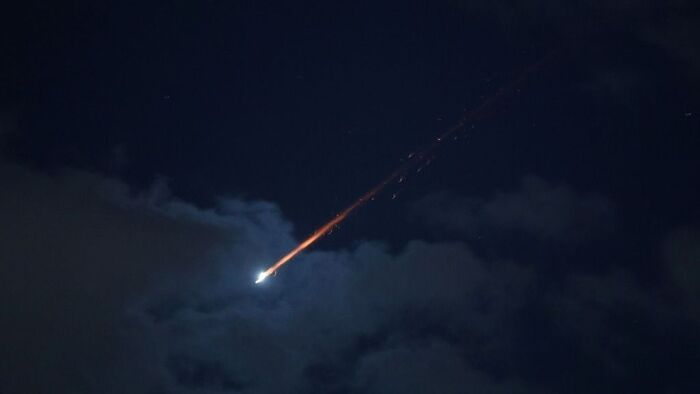
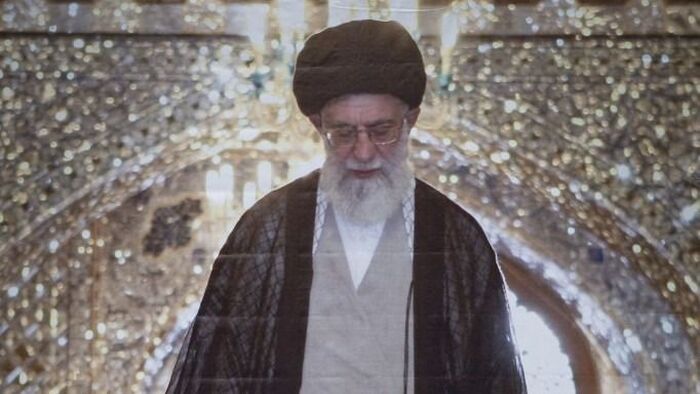


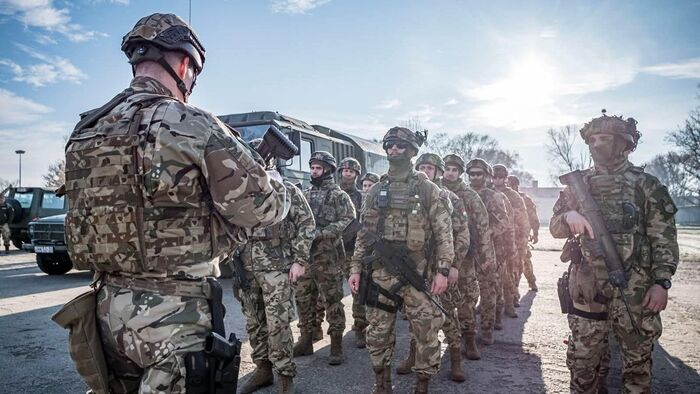


Szóljon hozzá!
Jelenleg csak a hozzászólások egy kis részét látja. Hozzászóláshoz és a további kommentek megtekintéséhez lépjen be, vagy regisztráljon!